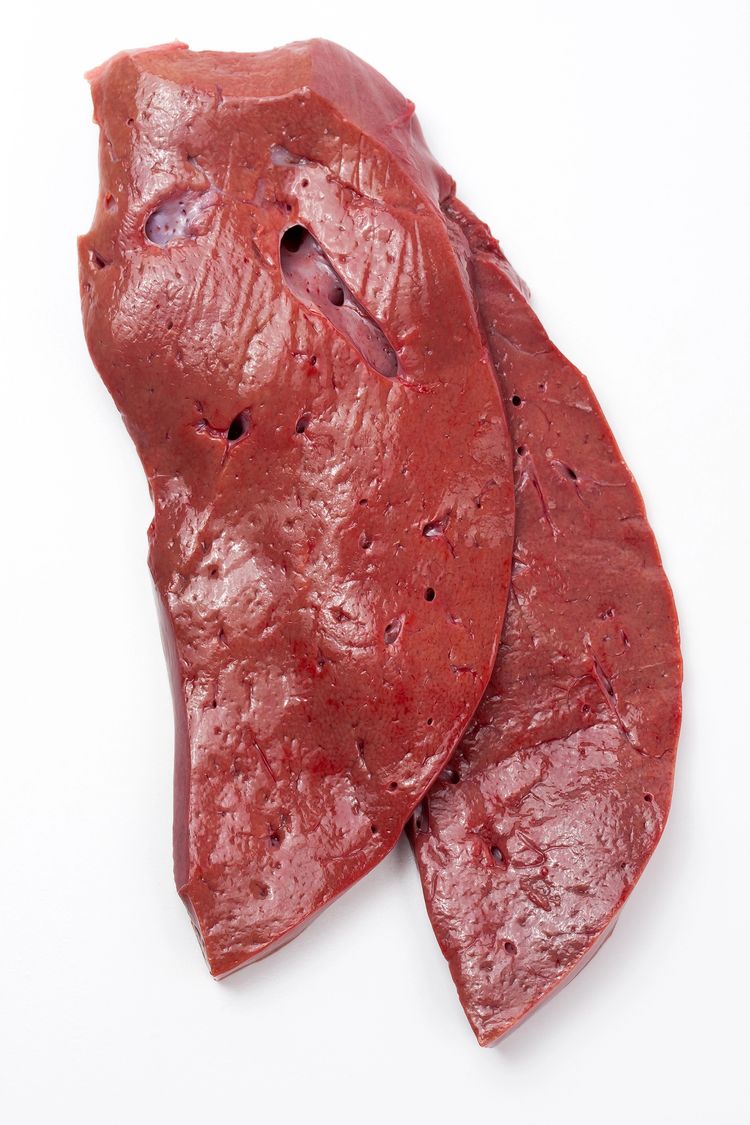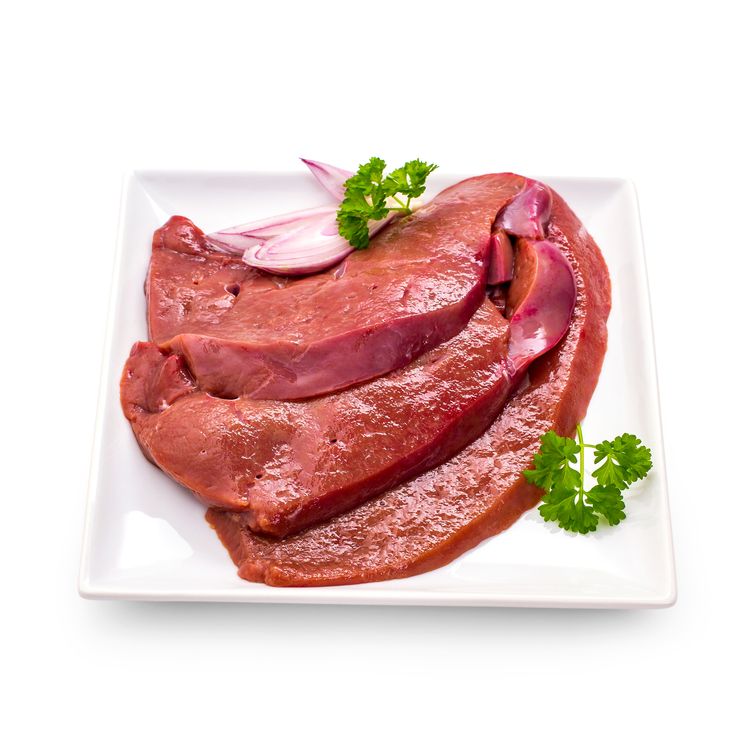Liver is a highly nutritious food that can provide many health benefits for both humans and dogs. However, as with everything we give our four-legged friends, it's important to weigh up the pros and cons carefully. In this report, we take an in-depth look at whether dogs can eat liver, what the benefits and potential drawbacks are, and what studies say about it.
What it's like if your dog eats liver
A dog's diet is crucial to their health and well-being. While many pet owners are concerned about providing their dogs with a balanced diet, questions often arise about certain foods, such as liver. This organ meat is known for its high nutritional content, but is it safe and healthy for dogs?
Benefits of liver for dogs
Liver is rich in important nutrients that can be beneficial for your dog's health:
- High protein content: protein is essential for growth, tissue repair and maintaining strong muscles.
- Vitamins: Liver is an excellent source of vitamins A, D, E and K, as well as B vitamins, which are important for energy production and a healthy nervous system.
- Minerals: Iron, copper, zinc and selenium are just some of the minerals found in liver that are essential for various bodily functions, including blood formation and immune defense.

Possible disadvantages and precautions
Despite its nutrient density, eating liver in large quantities can also have disadvantages:
- Vitamin A toxicity: too much vitamin A can lead to vitamin A toxicity, a serious condition that can damage your dog's bones and nervous system.
- Pollutants: Because the liver acts as a filtering organ, it can accumulate pollutants from the environment, especially if it comes from non-organically raised animals.

Recommendations and feeding guidelines
To get the benefits of liver without harming your dog, here are some guidelines to follow:
- Moderation: Liver should only make up a small portion of your dog's diet. Experts recommend that organ meats should make up no more than 5% of their daily food intake.
- Quality: Choose organically farmed liver to minimize the risk of exposure to contaminants.
- Variety: Vary the protein sources and organ meats in your dog's diet to ensure a balanced intake of nutrients.

Studies and scientific evidence
Scientific studies support the nutritional benefits of liver, but also point to the need to limit the amount to avoid health risks. One study, published in the Journal of Animal Science, looked at the effects of different diets on the health of dogs and found that a balanced intake of organ meats, including liver, had positive effects on health as long as it was fed in moderation.
In summary, liver in moderate amounts can be a healthy addition to your dog's diet as long as you pay attention to quality and ensure a balanced diet. As with any change in your dog's diet, it's a good idea to discuss this with your vet to make sure it's suitable for your particular dog.




















